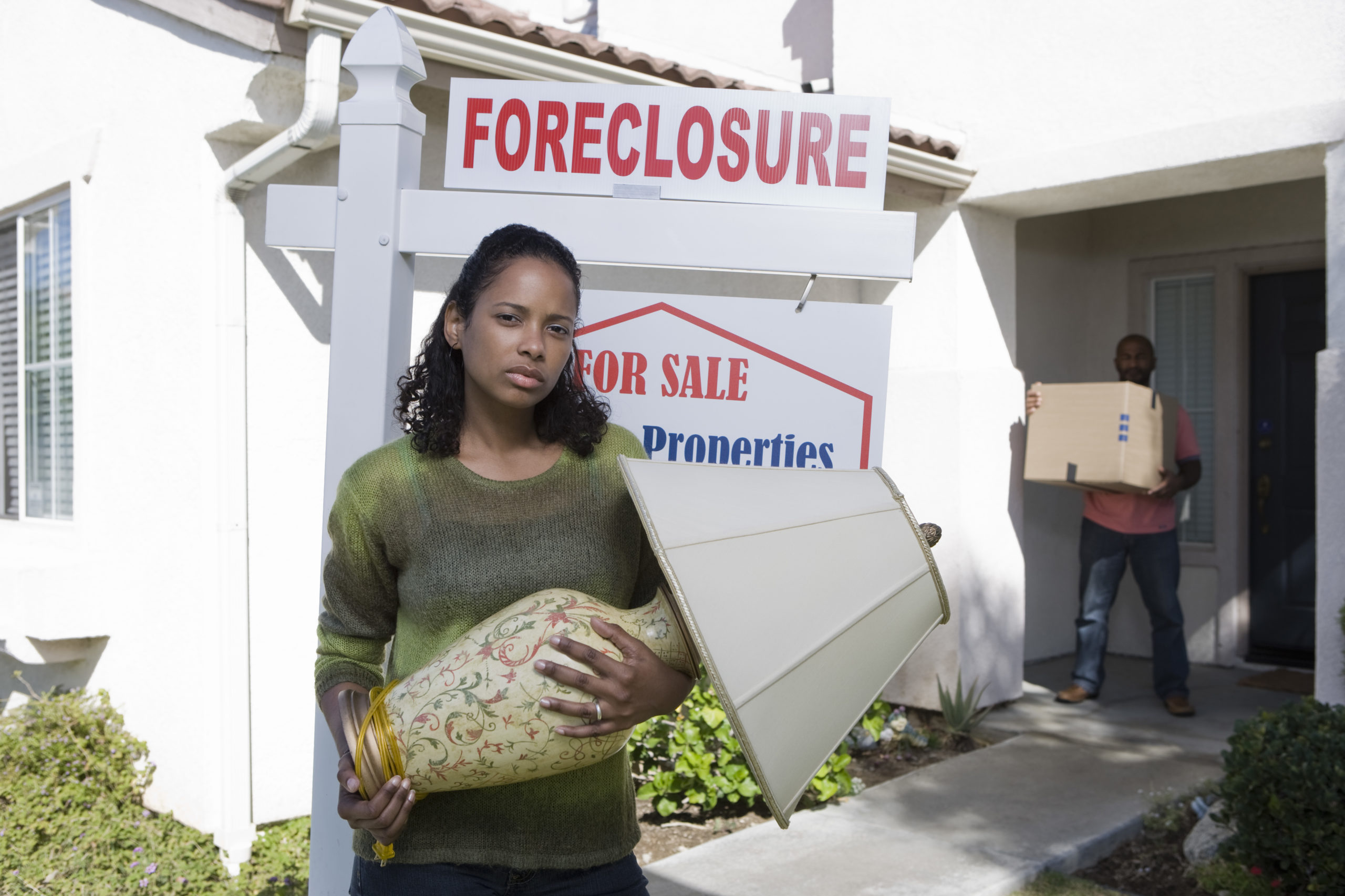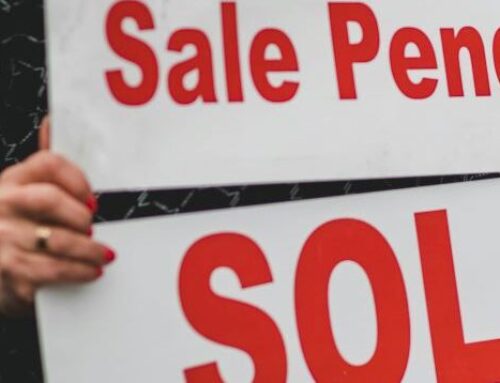How To Stop A Foreclosure
Facing foreclosure on your home can be a daunting and overwhelming experience. The thought of losing your home and damaging your credit can leave you feeling helpless and unsure of what to do next. However, there are steps you can take to stop a foreclosure and potentially save your home. In this article, we’ll explore some of the options available to homeowners’ facing foreclosure.
The First Step: How To Stop A Foreclosure
The first step in how to stop a foreclosure is to contact your lender as soon as possible. While it may be tempting to ignore the situation or hope that it will go away on its own, this will only make things worse in the long run. Your lender may be willing to work with you to find a solution that works for both parties, such as a loan modification or a repayment plan.
Loan modification is a common option for homeowners facing foreclosure. This involves changing the terms of your mortgage in order to make it more affordable. This may include reducing your interest rate, extending the term of your loan, or even forgiving a portion of your debt. However, it’s important to note that loan modification is not guaranteed and may not be the best solution for everyone.

Another Option On How To Stop A Foreclosure
Another option for stopping a foreclosure is to file for bankruptcy. While this may seem like an extreme solution, it can provide immediate relief from foreclosure proceedings and give you time to get your finances back on track. There are two types of bankruptcy that may be applicable in this situation: Chapter 7 and Chapter 13. Chapter 7 bankruptcy involves liquidating your assets to pay off your debts, while Chapter 13 bankruptcy involves creating a repayment plan over a period of several years. It’s important to consult with a bankruptcy attorney to determine which option is right for you.
If loan modification and bankruptcy are not viable options for you, there are still other ways to stop a foreclosure. One option is to sell your home before the foreclosure sale date. This can be a difficult decision to make, but it may be the best way to avoid further damage to your credit and potentially recoup some of your equity. In some cases, your lender may even be willing to approve a short sale, where the sale price is less than the outstanding balance on your mortgage.

How To Stop A Foreclosure: Additional Options
Another option is to work with a foreclosure prevention company or housing counselor. These organizations can help you navigate the foreclosure process and may be able to negotiate with your lender on your behalf. It’s important to do your research and only work with reputable companies and counselors.
It’s important to remember that you have rights as a homeowner facing foreclosure. Your lender must follow certain procedures and timelines, and you may be entitled to a foreclosure mediation or other forms of legal assistance. It’s important to consult with an attorney who specializes in foreclosure defense to understand your rights and options.
Facing foreclosure can be a stressful and overwhelming experience, but there are options available to homeowners who want to stop the foreclosure process. Whether it’s through loan modification, bankruptcy, selling your home, working with a foreclosure prevention company, or asserting your rights as a homeowner, there are steps you can take to protect your home and your financial future. If you’re facing foreclosure, it’s important to act quickly and seek professional help to explore your options and find the best solution for how to stop a foreclosure.







Leave A Comment
You must be logged in to post a comment.